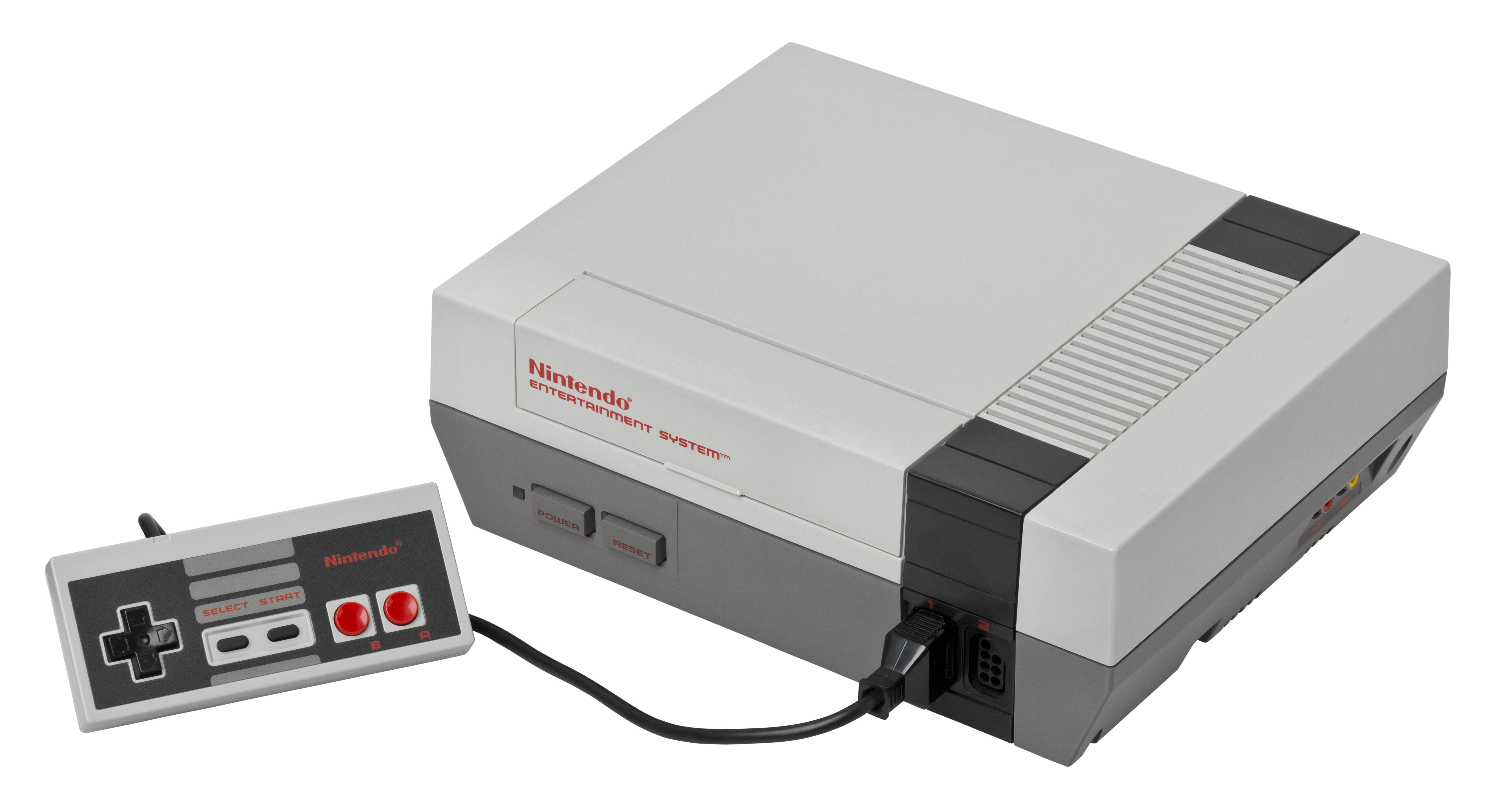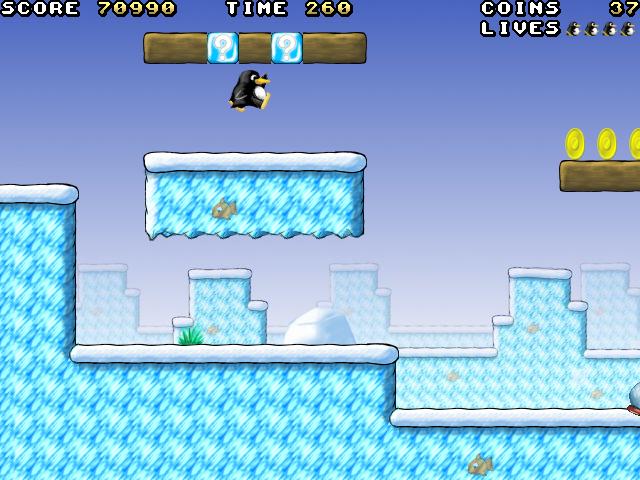|
Banana Prince
''Banana Prince'' is a 2D platform game for the Nintendo Entertainment System (NES). It was released in Japan by Takara on December 20, 1991. The German version, released in February 1992, features slightly different graphics and gameshow questions. Gameplay As an Island Native, the Banana Prince is on a quest to retrieve the stolen weapons of the island; along the way he'll pick up companions and even appear on a game show, which allows you to warp to another level. Like Jack and the Beanstalk, he has with him a bag of seeds that allows him to grow a flower and climb it. There are also hidden platforms, and doors that can only be reached by collecting flower tokens (which allow him to grow a bigger flower). Development and release Reception ''Banana Prince'' was met with mixed reception from critics since its release. ''Aktueller Software Markt''s Thomas Morgen commended the plant-growing mechanic and overall playability but felt mixed in regards to the audiovisual ... [...More Info...] [...Related Items...] OR: [Wikipedia] [Google] [Baidu] |
Takara
was a Japanese toy company founded in 1955. In March 2006, the company merged with Tomy, Tomy Company, Ltd. to form Tomy, Takara Tomy. The Takara motto was("playing is culture"). The company focused on traditional toys and board games. They created the Licca-chan dolls, which has been referred to as "Japan's Barbie" in Western press. Some of the globally known toys and franchises that Takara invented include Transformers and Beyblade. Takara also held the license to localise and distribute Hasbro products in Japan including The Game of Life, Blythe (doll), Blythe dolls, ''Magic: The Gathering'', ''Duel Masters'' trading card games. Takara was also involved in software, publishing video games based on its toys like List of Transformers video games, ''Transformers'' and List of Choro Q video games, ''Choro Q / Penny Racers'', porting SNK Neo Geo games to consoles, and the ''Battle Arena Toshinden'' series. Products Toys In 1960,https://www.takaratomy.co.jp/product_release/pdf ... [...More Info...] [...Related Items...] OR: [Wikipedia] [Google] [Baidu] |
Kirby's Adventure
''Kirby's Adventure'' is a 1993 action-platform game developed by HAL Laboratory and published by Nintendo for the Nintendo Entertainment System (NES). It is the second game in the ''Kirby'' series after '' Kirby's Dream Land'' (1992) on the Game Boy and the first to include the Copy Ability, which allows the main character Kirby to gain new powers by eating certain enemies. The game centers around Kirby traveling across Dream Land to repair the Star Rod after King Dedede breaks it apart and gives the pieces to his minions. Masahiro Sakurai returned as director after serving the same role for ''Kirby's Dream Land''. He conceived the copy ability to add more challenge and replay value after the last game received criticism for its simplicity. Because the NES hardware had greater graphical power than the Game Boy and programmers were skilled with the now antiquated hardware, HAL Laboratory was able to create impressive visuals. ''Kirby's Adventure'' is the first game to depict ... [...More Info...] [...Related Items...] OR: [Wikipedia] [Google] [Baidu] |
Single-player Video Games
A single-player video game is a video game where input from only one player is expected throughout the gameplay. Video games in general can feature several game modes, including single-player modes designed to be played by a single player in addition to multi-player modes. Most modern console games, PC games and arcade games are designed so that they can be played by a single player; although many of these games have modes that allow two or more players to play (not necessarily simultaneously), very few actually require more than one player for the game to be played. The '' Unreal Tournament'' series is one example of such. History The earliest video games, such as '' Tennis for Two'' (1958), '' Spacewar!'' (1962), and '' Pong'' (1972), were symmetrical games designed to be played by two players. Single-player games gained popularity only after this, with early titles such as '' Speed Race'' (1974) and '' Space Invaders'' (1978). The reason for this, according to Raph Ko ... [...More Info...] [...Related Items...] OR: [Wikipedia] [Google] [Baidu] |
Platformers
A platformer (also called a platform game, and sometimes a jump 'n' run game) is a subgenre of action game in which the core objective is to move the player character between points in an environment. Platform games are characterized by levels with uneven terrain and suspended platforms that require jumping and climbing to traverse. Other acrobatic maneuvers may factor into the gameplay, such as swinging from vines or grappling hooks, jumping off walls, gliding through the air, or bouncing from springboards or trampolines. The genre started with the 1980 arcade video game ''Space Panic'', which has ladders but not jumping. ''Donkey Kong (arcade game), Donkey Kong'', released in 1981, established a template for what were initially called "climbing games". ''Donkey Kong'' inspired many clones and games with similar elements, such as ''Miner 2049er'' (1982) and ''Kangaroo (video game), Kangaroo'' (1982), while the Sega arcade game ''Congo Bongo'' (1983) adds a third dimension via I ... [...More Info...] [...Related Items...] OR: [Wikipedia] [Google] [Baidu] |
Nintendo Entertainment System-only Games
is a Japanese multinational video game company headquartered in Kyoto. It develops, publishes, and releases both video games and video game consoles. The history of Nintendo began when craftsman Fusajiro Yamauchi founded the company to produce handmade '' hanafuda'' playing cards. After venturing into various lines of business and becoming a public company, Nintendo began producing toys in the 1960s, and later video games. Nintendo developed its first arcade games in the 1970s, and distributed its first system, the Color TV-Game in 1977. The company became internationally dominant in the 1980s after the arcade release of '' Donkey Kong'' (1981) and the Nintendo Entertainment System, which launched outside of Japan alongside '' Super Mario Bros.'' in 1985. Since then, Nintendo has produced some of the most successful consoles in the video game industry, including the Game Boy (1989), the Super Nintendo Entertainment System (1991), the Nintendo DS (2004), the Wii (2006), ... [...More Info...] [...Related Items...] OR: [Wikipedia] [Google] [Baidu] |
Nintendo Entertainment System Games
The Nintendo Entertainment System, Family Computer/Nintendo Entertainment System has a library of ' officially licensed games released during their lifespans, plus 7 official multicarts and 2 championship cartridges. Of these, 672 were released exclusively in Japan, 187 were released exclusively in North America, and 19 were released exclusively in PAL countries. Worldwide, 521 games were released. Its launch games for the Famicom were ''Donkey Kong (1981 video game), Donkey Kong'', ''Donkey Kong Jr.'', and ''Popeye (video game), Popeye''. Only first-party titles were available upon launch, but Nintendo started a licensing program the following year that allowed third-party companies such as Namco, Hudson Soft, Taito, Konami, Bandai, and Capcom to create titles and produce their own cartridges for the Famicom in exchange for royalty payments; Nintendo later revised the program to mandate itself as the producer of all cartridges while carrying it with the console outside Japan. ... [...More Info...] [...Related Items...] OR: [Wikipedia] [Google] [Baidu] |
KID Games
Kid, Kids, KIDS, and K.I.D.S. may refer to: Common meanings * Colloquial term for a child or other young person ** Also for a parent's offspring regardless of age * Engage in joking * Young goat * The goat meat of young goats * Kidskin, leather from young goats Entertainment Performers * K.I.D (band), Canadian indie rock band * K.I.D. (musician), a disco project by Geoff Bastow * Kid 'n Play, American hip-hop duo from New York * Kid Capri (born 1967), American DJ and rapper * Kid Carpet, musician from Bristol, UK * Kid Crème (born 1974), house music producer and DJ * Kid Cudi (born 1984), American rapper Scott Ramon Seguro Mescudi * Kid Ink (born 1986; Brian Todd Collins), American rapper * Kid Jensen (born 1950; David Jensen), Canadian-British radio DJ * Kid Ory (1886–1973), American jazz trombonist and bandleader * Kid Rock (born 1971), American singer Robert James Ritchie * Kid Creole (born 1950), American musician August Darnell, leader of Kid Creole and the Coconut ... [...More Info...] [...Related Items...] OR: [Wikipedia] [Google] [Baidu] |




